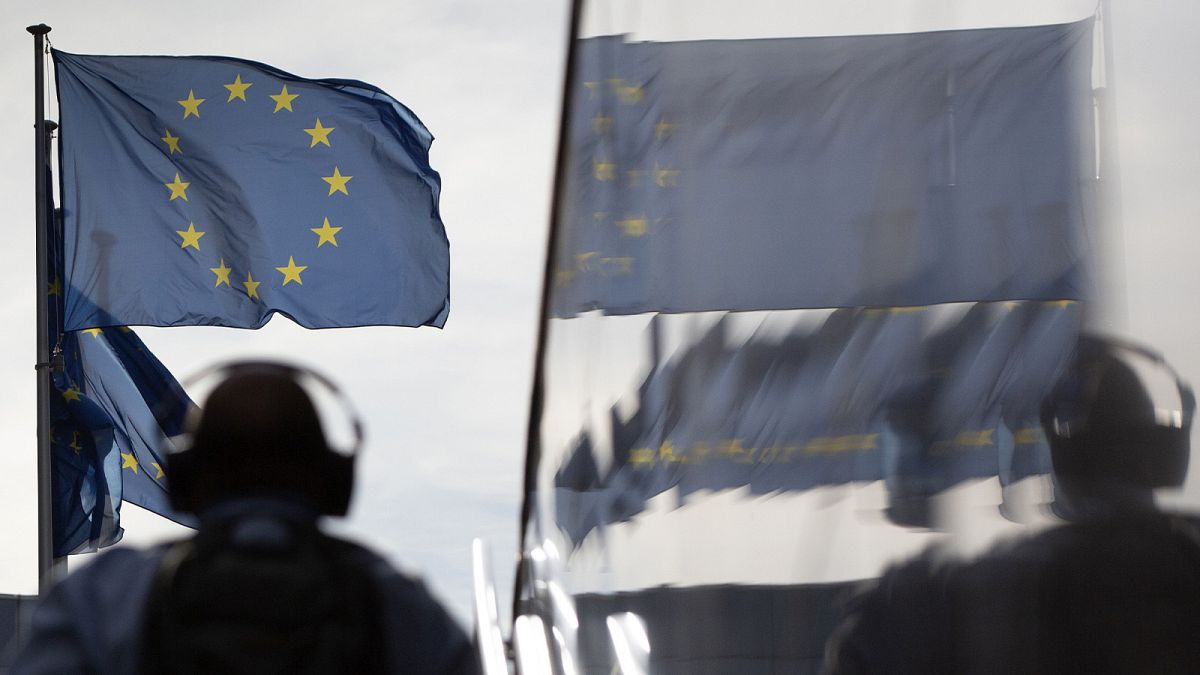Russia and China have been accused of manipulating the online space in previous elections in Europe and elsewhere, including the 2016 US presidential vote. In response, Belgium and Poland are taking swift action to combat disinformation and protect national security. Poland has set up a commission to investigate Russian and Belarusian influence, focusing on activities from 2004 to 2024, to protect national security. In Belgium, the Cyber Command is closely monitoring online content to spot anomalies and alert relevant authorities.
With allegations of Russian and Chinese manipulation in previous elections, the European Union is ramping up efforts to protect against malign influence. European governments are particularly concerned about hybrid attacks from Russia and its allies, including cyberattacks and pressure along borders. As specialists like Tom at the Cyber Command sift through online content, they are on high alert for sudden increases in posts or new players entering the online space. As methods of manipulation evolve, ensuring a comprehensive shield against interference is crucial.
The European Union is recognizing the need for a common European disinformation shield to combat the evolving tactics of foreign players. European Commission President Ursula von der Leyen has proposed the shield to detect and remove online disinformation, building upon the Digital Services Act (DSA). This shield would “inoculate” the bloc against malign influence by empowering Europeans to recognize threats and combat manipulation in the online space.
As methods of manipulation become increasingly sophisticated, the EU is on a constant catch-up to understand and detect these evolving techniques. From the use of artificial intelligence to marketing techniques involving influencers, the methods used by foreign players are constantly changing. Deputy Commander of the Cyber Command Pierre Ciparisse emphasizes the need to stay ahead of these evolving methodologies to effectively combat online manipulation and disinformation.
Russian and Chinese malign influence has been observed during major crises in recent years, from the COVID-19 pandemic to Russia’s invasion of Ukraine. These actors use false claims, propaganda materials, and made-up narratives to disrupt various events, including the 2017 Catalan independence crisis and recent European Parliament scandals. The EU recognizes the gravity of the situation and is working towards building a common European shield to protect against these threats in the future.
In conclusion, as European countries like Belgium and Poland take steps to protect against foreign influence and manipulation in elections, the European Union is working towards establishing a common shield against disinformation. The evolving methods of foreign players, including Russia and China, require constant vigilance and a proactive approach to combat online manipulation. By building on existing legislation like the Digital Services Act, the EU aims to empower Europeans to recognize and respond to threats in the online space effectively.











